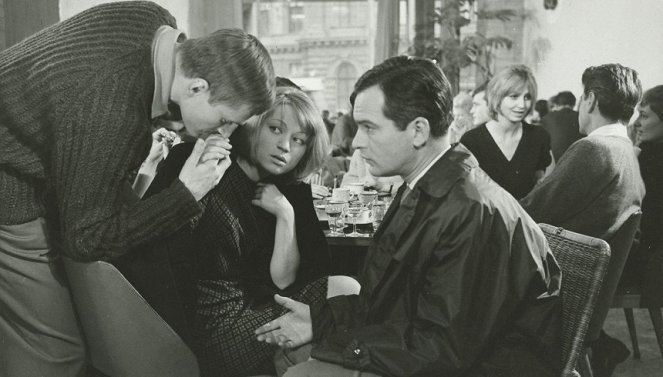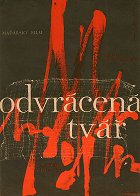Rendező:
Miklós JancsóOperatőr:
Tamás SomlóZeneszerző:
Bálint SárosiSzereplők:
Zoltán Latinovits, Andor Ajtay, Béla Barsi, Miklós Szakáts, Gyula Bodrogi, Edit Domján, Mária Medgyesi, Gyöngyvér Demjén, János Koltai, István Avar (több)Tartalmak(1)
A "fényes szellők" nemzedékének első filmes önvallomása a fiatal, de már befutott értelmiségi létről, a tradíciókkal való szembenézésről. Jámbor Ambrus sebész különös leckét kap "történelmi ereklyeként mutogatott", nyugdíjas professzorától, aki egy hihetetlenül nehéz szívműtéttel, a beteg újjáélesztésével bizonyítja kitartását, tudását, emberségét. Ambrusnak megrendül a hite önmagában, hirtelen érdemtelennek érzett eredményeiben. Szembesül céltalan, modernkedő művészkörnyezetével, kiúttalan szerelmével. Szülőfalujába hazatérve apja erős hitéből, emberségéből, felelősségérzetéből próbál erőt meríteni. (Mokép)
(több)Recenziók (1)
If I jump on the established bandwagon of comparing Jancsó to Antonioni, a few disorganized observations can be added to that. For example, Antonioni (in the entire tetralogy) captures the rootlessness of modern man in his natural environment, i.e., the city (perhaps with the exception of The Adventure, where the countryside is already engulfed by industry in Red Desert), Jancsó leaves the city and progresses back towards the (still surviving original) countryside, where the main character tries to grasp something of his lost authenticity again. Unlike Monica Vitti, the protagonist of Cantata must personally grapple with not fulfilling the hopes of the past (again the relationship between the countryside and city = the traditional society's belief in the progress of modernity/city) and with personal reconciliation with the injustices of the same past (undeniable socio-economic modernization came at a very high cost in Eastern Europe). Therefore, the extent of "appropriation" of Antonioni by Jancsó does not seem important to me; rather, Cantata appears to be a skillfully transferred depiction of the crisis of modern man onto the specifics of Eastern Europe.
()
Galéria (10)
Photo © Mafilm

